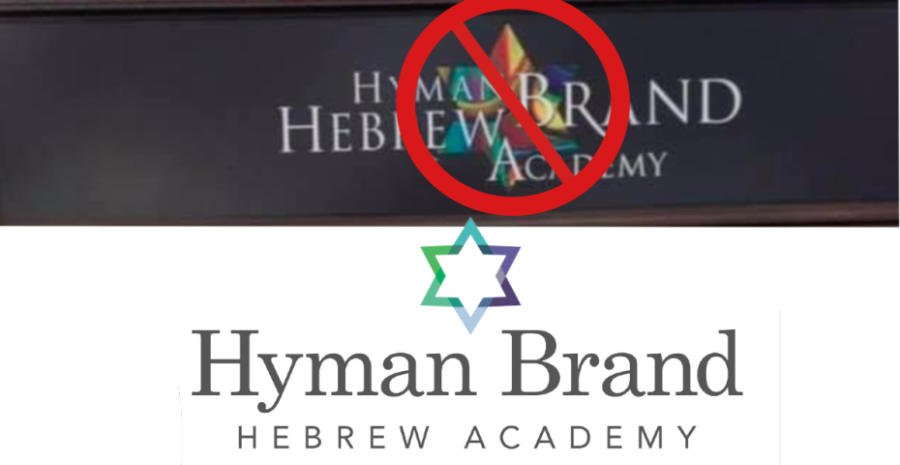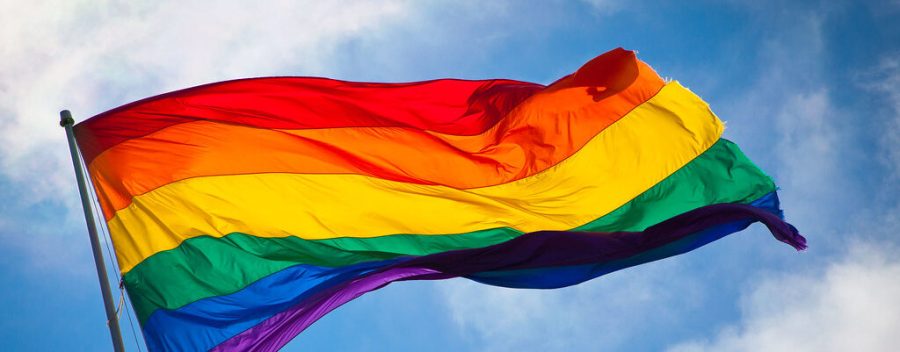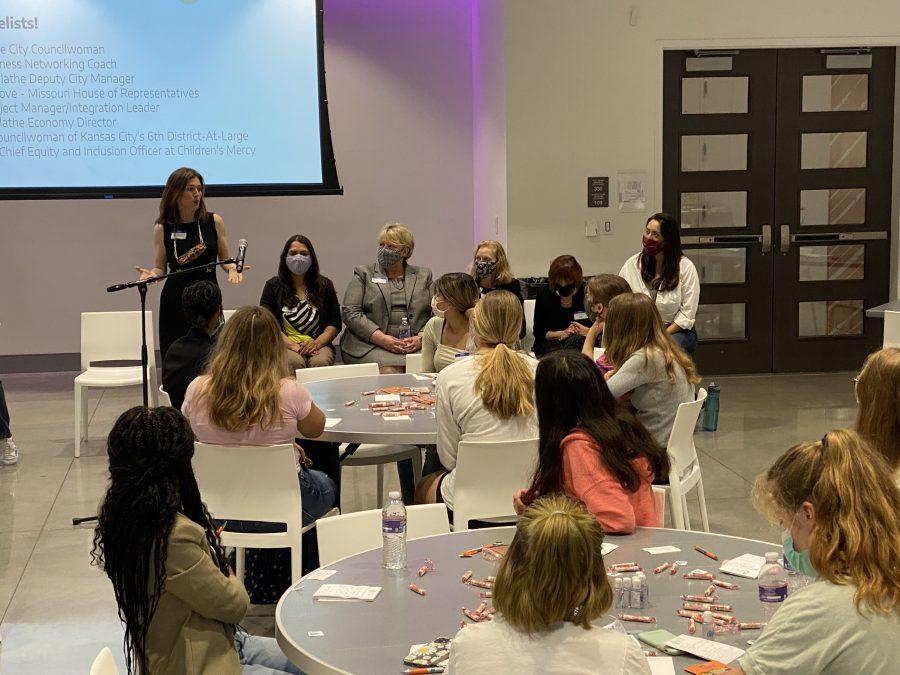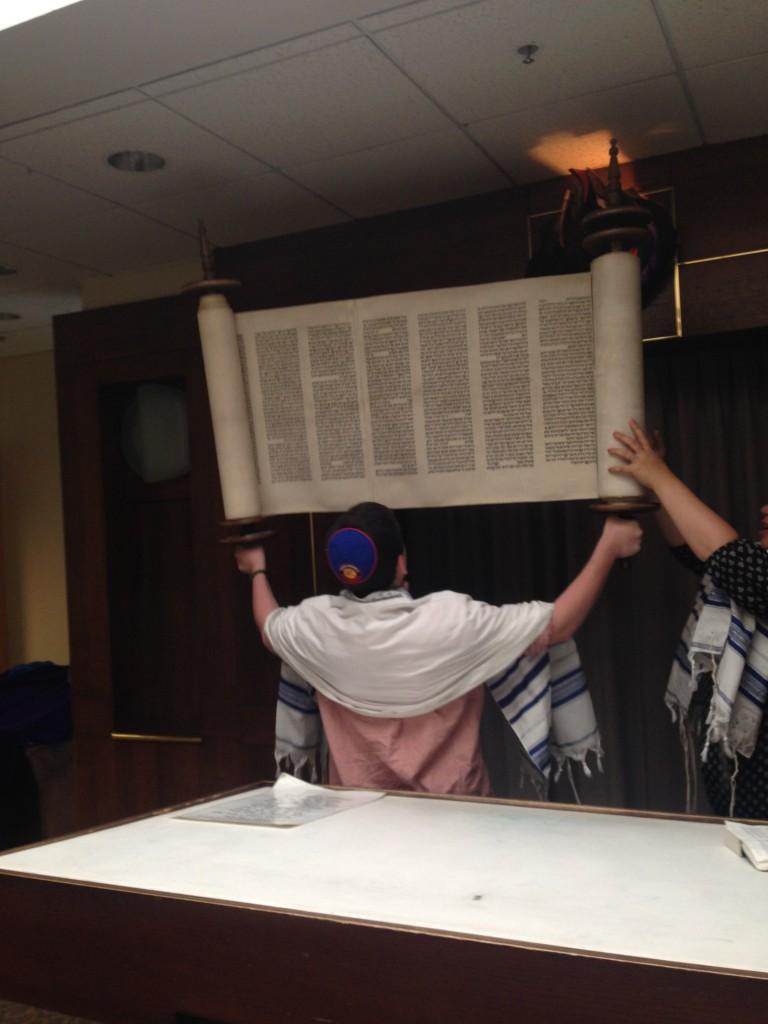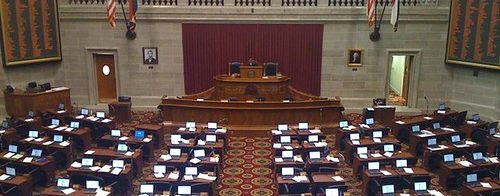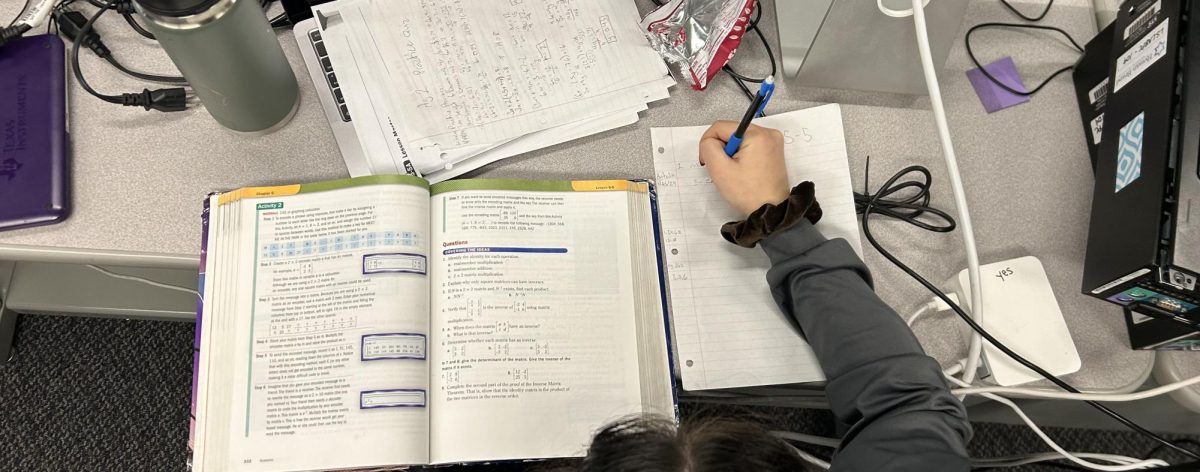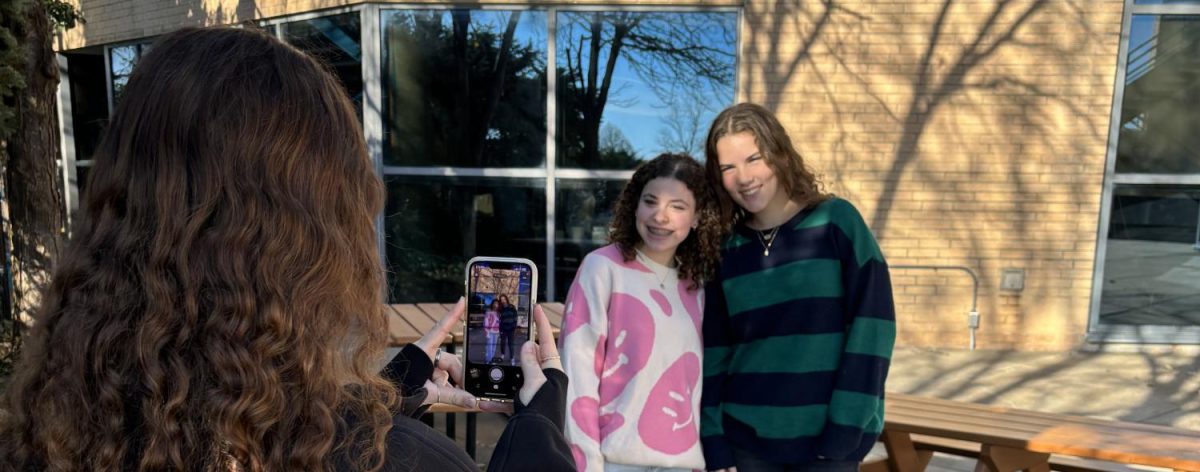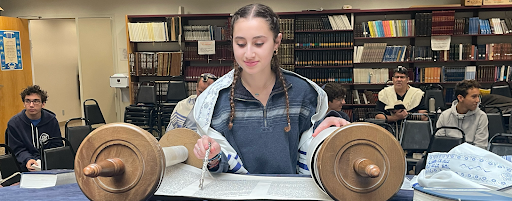In 2012, Trayvon Martin, an unarmed 17-year-old African American, was killed by George Zimmerman. Following Martin’s death, Zimmerman was tried for second degree murder and was found not guilty. Trayvon Martin was placed on trial, after his death, for his own murder. After this event occurred, Black Lives Matter, a national organization, who issued a statement on their website saying they “are working to (re)build the Black liberation movement,” validate Black people lives, and preventing them from feeling deprived of their basic human rights, was established.
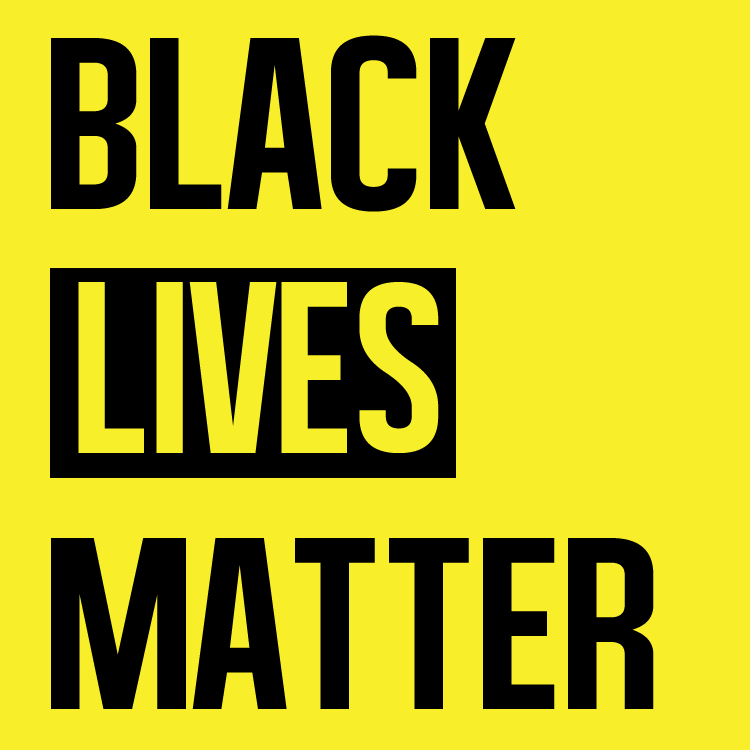
According to the Washington Post, Jewish leaders like Rabbi Jonah Pesner, who leads the Religious Action Center, have shown support towards Black Lives Matter through protesting, marching, and other supportive actions. However, in the month of August, Black Lives Matter issued a statement in their platform that raised some concern among Jewish supporters. The Black Lives Matter platform addresses issues like education, criminal sentencing, and more. These were not the issues that major Jewish organizations had a problem with, rather it was with the issue over Israel. The platform of Black Lives Matter wanted the United States to end their aid toward Israel because the US is “complicit in the genocide taking place against the Palestinian people,” while also calling Israel “an apartheid state.”
Rabbi Scott White of Ohev Shalom Synagogue is bothered by this part of the platform because of the use of the term “genocide.” He believes that the leaders of the movement “redefine the term” that was “coined during the Holocaust, and has a very specific meaning. Watering it down is a gross disservice to humanity.”
Although many Jewish people have found discomfort and disagreement within this recent platform issue regarding Israel, this is not stopping the Jewish community from helping to eliminate racial injustices in society.
Rabbi David Glickman, Senior Rabbi of Beth Shalom Synagogue, believes that Jews should continue to support the Black Lives Matter movement, and he hopes that “Jews who do participate in BLM (Black Lives Matter) also keep their own Jewish self confidence and become bridge builders.”
While Jews have found the platform issue surrounding Israel to be “unfortunate”(Rabbi Glickman) and “preposterous” (Rabbi White), it should not prevent Jews from being involved, instead it causes the Jews to “choose between a very important social movement that seeks to address America’s centuries-old battle with racial injustice and the Jewish people’s right to political self-determination,” said Rabbi Glickman.
Jewish and non-Jewish people alike need to understand that there is a difference between the organization Black Lives Matter and the idea that Black lives matter. The Jewish community needs to understand that “Black lives matter even when we disagree with parts of the platform #BlackLivesMatter,” explained Rabbi Glickman. Jews need to remember the line in Leviticus 9:18 וְאָהַבְתָּ לְרֵעֲךָ כָּמוֹךָ, Veahhavta Lerayahcha Kamocha “you shall love your neighbor as yourself.”
The views and opinions expressed in this article are those of the authors and do not necessarily reflect the position of HBHA’s student publication. The editorial student staff of the “Rampagewired” places the highest value on student-run journalism and responsible, free expression. The “Rampagewired” accepts unsolicited opinion pieces for its Op-Ed page from students, staff, and the community. Columns typically run 750 to 1,000 words in length. Those most likely to be published deal with timely and newsworthy issues in a well-reasoned, incisive, balanced, and compelling way, and, in the case of already well debated topics, they should present a new perspective. Contact: [email protected] or [email protected]








